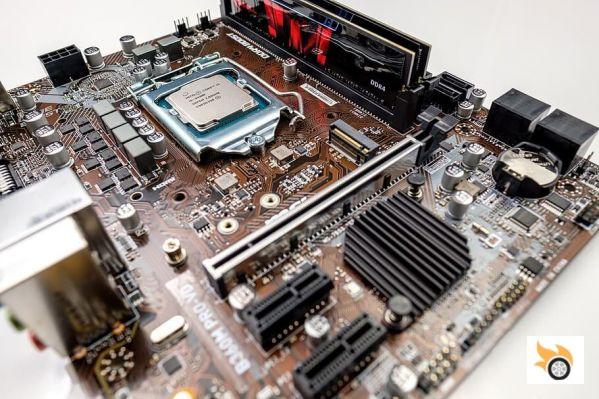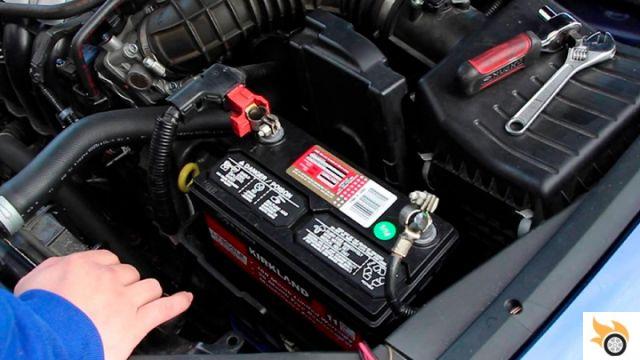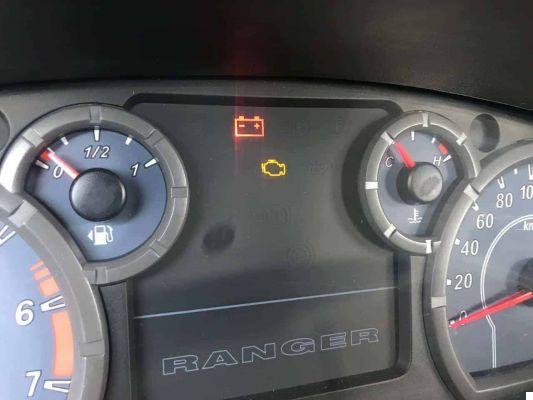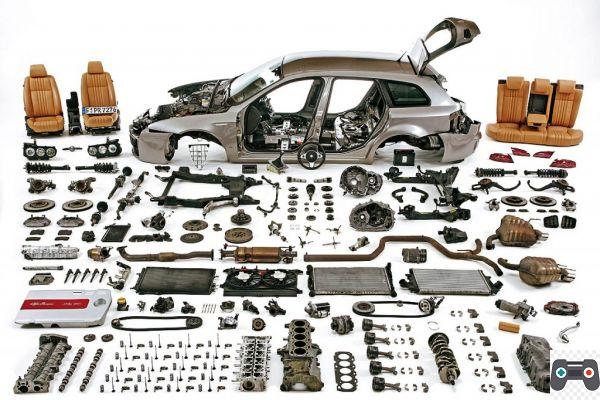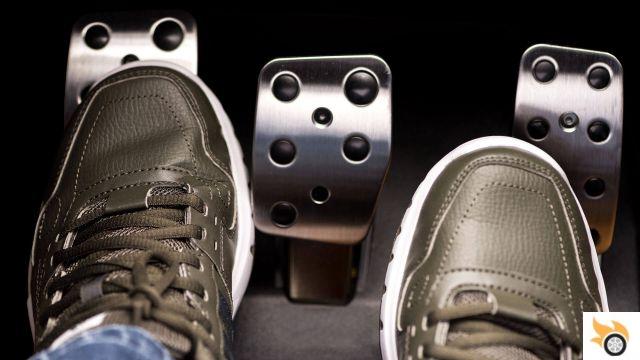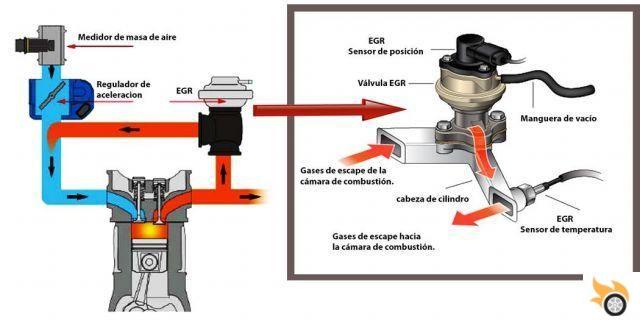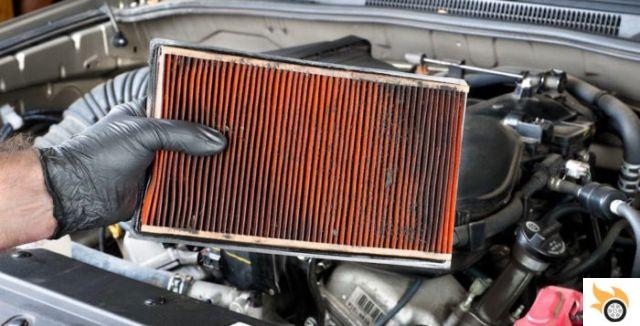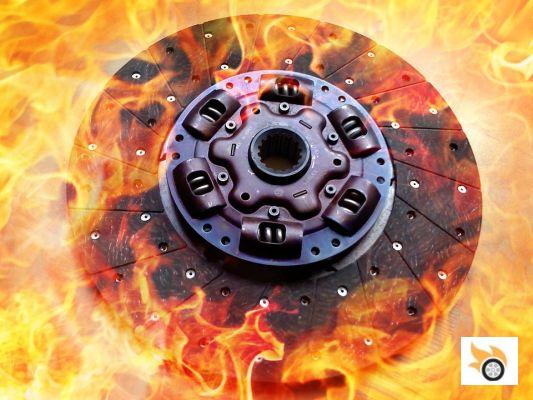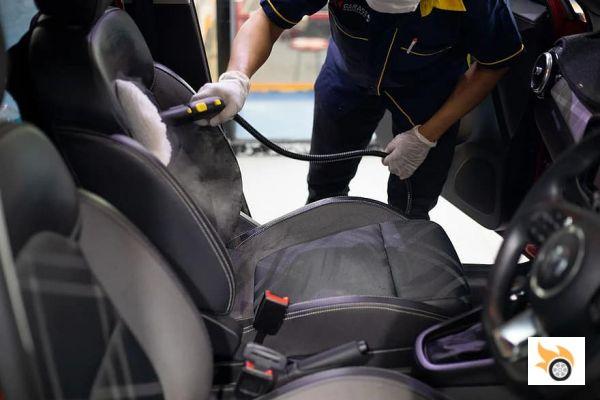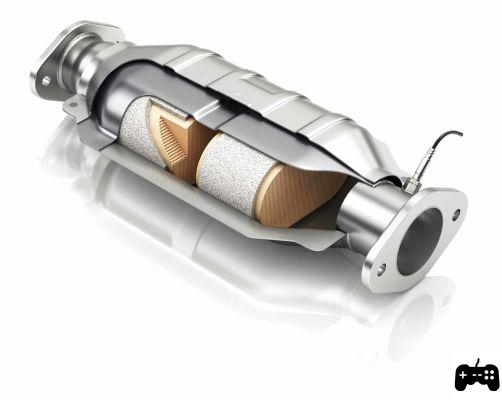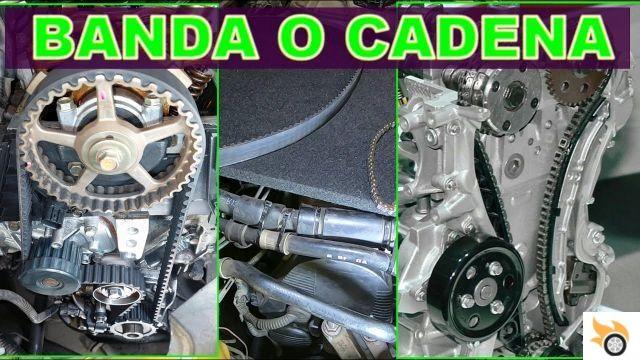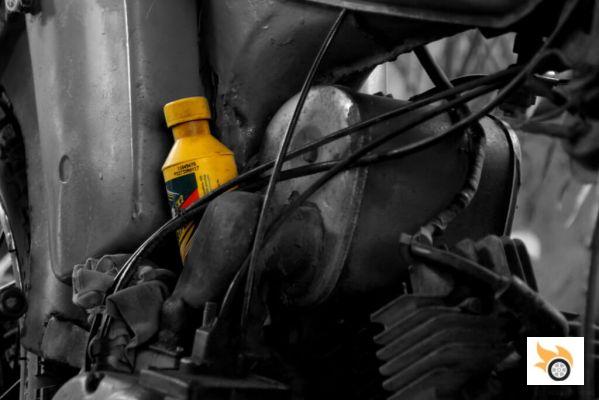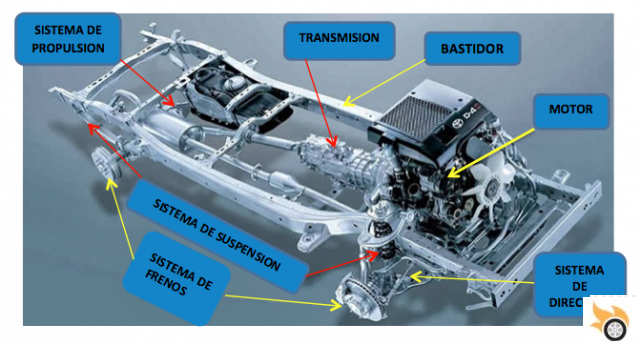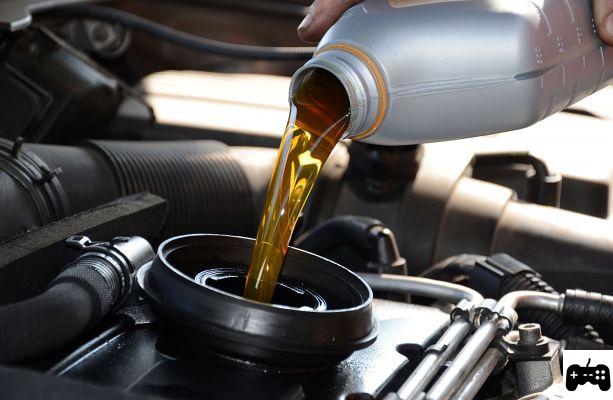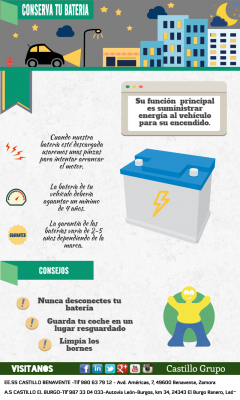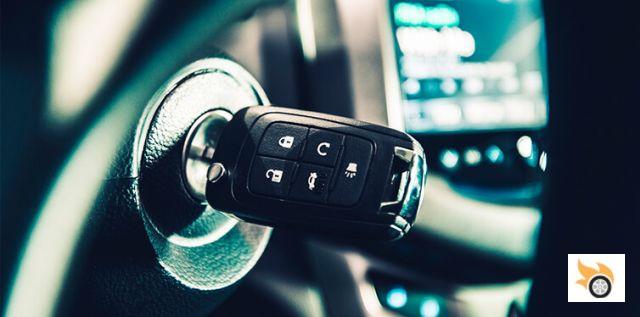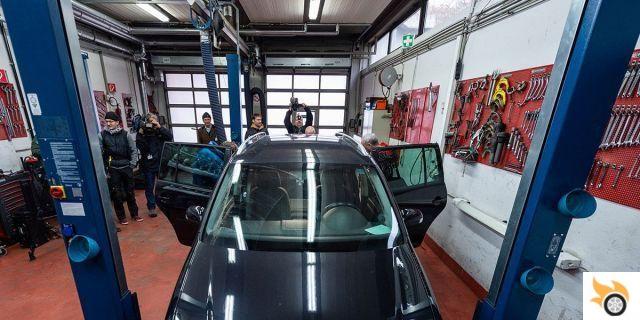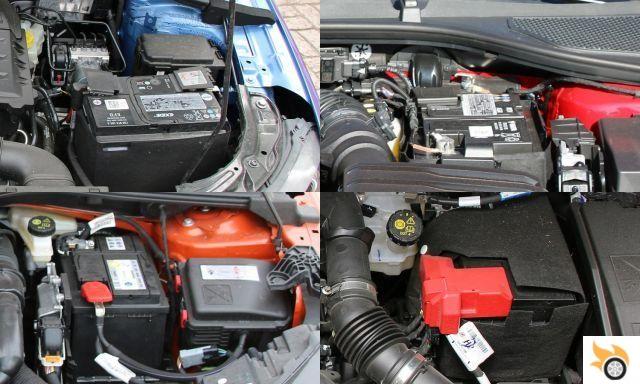
In the automotive world, it's common for owners to look for ways to improve the performance and durability of their vehicles. One of the most frequently asked questions is whether it is possible to put a higher amperage battery in your car and what the consequences of doing so might be. In this article, we will answer these concerns and provide some valuable information on what happens when a higher amperage battery is installed in a vehicle.
Is it harmful or necessary to place a higher amperage battery?
The answer to this question depends on several factors. First of all, it is important to understand what is the amperage of a battery. Amperage refers to the amount of electrical current that a battery can deliver in a given period of time. In general, a higher amperage battery can provide more power and therefore may be beneficial in certain situations.
If your vehicle has a large number of electronic devices, such as powerful sound systems or additional lighting, a higher amperage battery may be necessary to adequately power these components. Also, if you live in an area with extreme temperatures, a higher amperage battery can be helpful to ensure reliable starting in inclement weather.
On the other hand, putting a higher amperage battery in a vehicle that does not require a higher power demand may be unnecessary and potentially harmful. Higher amperage batteries are often larger and heavier, which can negatively affect vehicle performance and efficiency. Also, if the car's electrical system is not designed to handle a higher power load, there could be overload issues and damage to electrical components.
What type of battery is suitable for your car?
Choosing the right battery for your car depends on several factors, such as the model and year of the vehicle, as well as its specific power needs. In general, it is recommended to follow the car manufacturer's specifications to ensure compatibility and optimum performance.
Car batteries come in different sizes, capacities, and technologies. Lead-acid batteries are the most common and affordable, but lithium-ion batteries and gel batteries also exist. Each type of battery has its own advantages and disadvantages, so it's important to do your research and consult with a professional before making a decision.
Frequently Asked Questions (FAQs)
1. Can I put a battery with more amps in my car?
Yes, it is possible to put a battery with more amps in your car. However, it's important to consider your vehicle's specific power needs and make sure the electrical system is ready to handle a higher power load. Check manufacturer's specifications and, if necessary, consult with a professional to ensure compatibility and prevent possible damage.
2. What could be the consequences of putting a higher amperage battery in my vehicle?
The consequences of putting a higher amperage battery in your vehicle can vary. If the car's electrical system is not designed to handle a higher power load, there could be overload problems and damage to electrical components. Additionally, higher amperage batteries are often larger and heavier, which can negatively affect vehicle performance and efficiency. It is important to carefully assess your vehicle's power needs and consult with a professional before making any changes to the battery.
3. When is it necessary to install a higher amperage battery in my car?
It is necessary to install a higher amperage battery in your car when you have a higher power demand due to additional electronic devices or when you live in an area with extreme temperatures. If your vehicle is having trouble starting in inclement weather or experiencing decreased electrical performance due to current charging, it may be beneficial to consider a higher amperage battery. However, it is important to carefully assess your vehicle's power needs and consult with a professional before making any changes to the battery.
Conclusion
In short, putting a higher amperage battery in your vehicle can be beneficial in certain situations, such as when a higher power demand is required due to additional electronics or extreme weather conditions. However, it's important to carefully assess your vehicle's power needs and make sure the electrical system is ready to handle a higher power load. Check manufacturer's specifications and, if necessary, consult with a professional to ensure compatibility and prevent possible damage.
We hope this article has been informative and has answered your questions about what happens if a higher amperage battery is put in your vehicle. If you have any other questions or concerns, feel free to leave a comment below. We will be happy to help!
Thanks for reading on Pistonudos.com!





